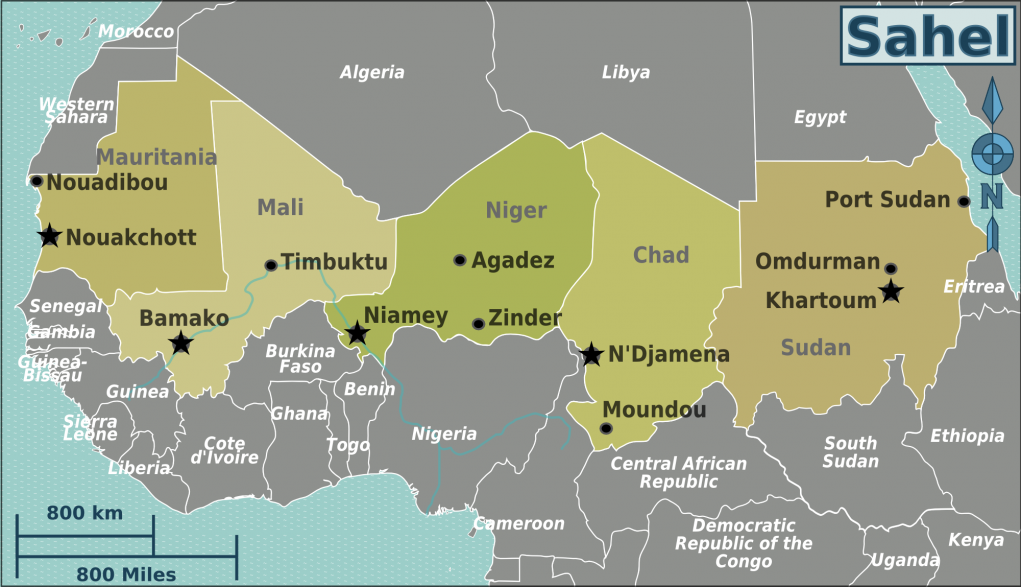The political turmoil, connected to organized crime and the rise of Jihadist organizations, has called for action from the UN Security Council, which today welcomed the deployment of the Group of Five Sahel Joint Force (Force Conjointe du G5 Sahel – FC G5S), made up of Burkina Faso, Chad, Mali, Mauritania and Niger, as a way to combat this threat and prevent any further damage in the region. The perilous security situation in the Sahel region of Mali has received increasing attention in recent months, following an attack in early February in the city of Gao, which killed close to 80 people.

After the unanimous adoption of Resolution 2359 (06.20.2017) regarding peace and security in Africa, Secretary General António Guterres proceeded to welcome the implementation of the strategic concept of the operations, initiated by the joint G5 task force. The process will be closely monitored, requiring an oral update by the Secretary himself within two months and a further overall review four months into the operation by the Council. In addition, it was urged by the Security Council that the joint force, consisting of 5,000 military and police personnel, as well as the United Nations Multidimensional Integrated Stabilization Mission in Mali (MINUSMA) and French forces in the country, establish an easy path for communication and coordination regarding operations within their respective mandates. In order to facilitate this process, it was stated that ties between MINUSMA and the G5 Sahel States must be strengthened through the help of relevant intelligence and liaison officers. François Delattre (France) has indicated this will be a priority during his Council Presidency in October. This idea was re-iterated by Guterres himself on Tuesday as he highlighted that “the increased mobilization of adequate resources for the attainment of the objectives of the Force” and the close work with the AU peace and Security Council were of upmost importance on the UN agenda.
In a region where more than 30 million people face food insecurity and at least 4.9 million are displaced by wars, terrorism and conflicts, Guterres has stressed the need “for expeditious progress” continuing to urge support from multilateral and global partners, such as the EU, which recently provided €50 million in financial support. The importance of this partnership was further underscored by the chairperson of the African Union Commission Moussa Mahamat, who claimed that “the security of the Sahel is also the key to the security of Europe”.
Sustainability and viability have also been prioritized throughout this process, as the agreement will not only highlight political, institutional and security reforms but it will also directly address humanitarian issues such as those relating to gender, as the council increasingly recognizes the importance of women in preventing conflict and peacebuilding. This was affirmed by Issa Konfourou (Mali), who claimed that the joint force would respect gender, human rights and international humanitarian law.
It is clear that the turbulent situation in the Sahel region has risen on the UN’s agenda. However, it has been repeatedly noted by members and political leaders that the longer it takes to implement these measures, the higher the risk of conflict becomes. The Chadian leader affirmed this earlier this week, claiming that the Sahel region risked becoming “a space for terrorists” unless immediate, co-ordinated action was taken. Mahamat Saleh Annadif, who heads the UN peacekeeping mission in Mali, further emphasized this warning that “terrorists” are gaining strength and extending their reach in the region. Thus it is of upmost importance that the nature of this problem be tackled from its core.











